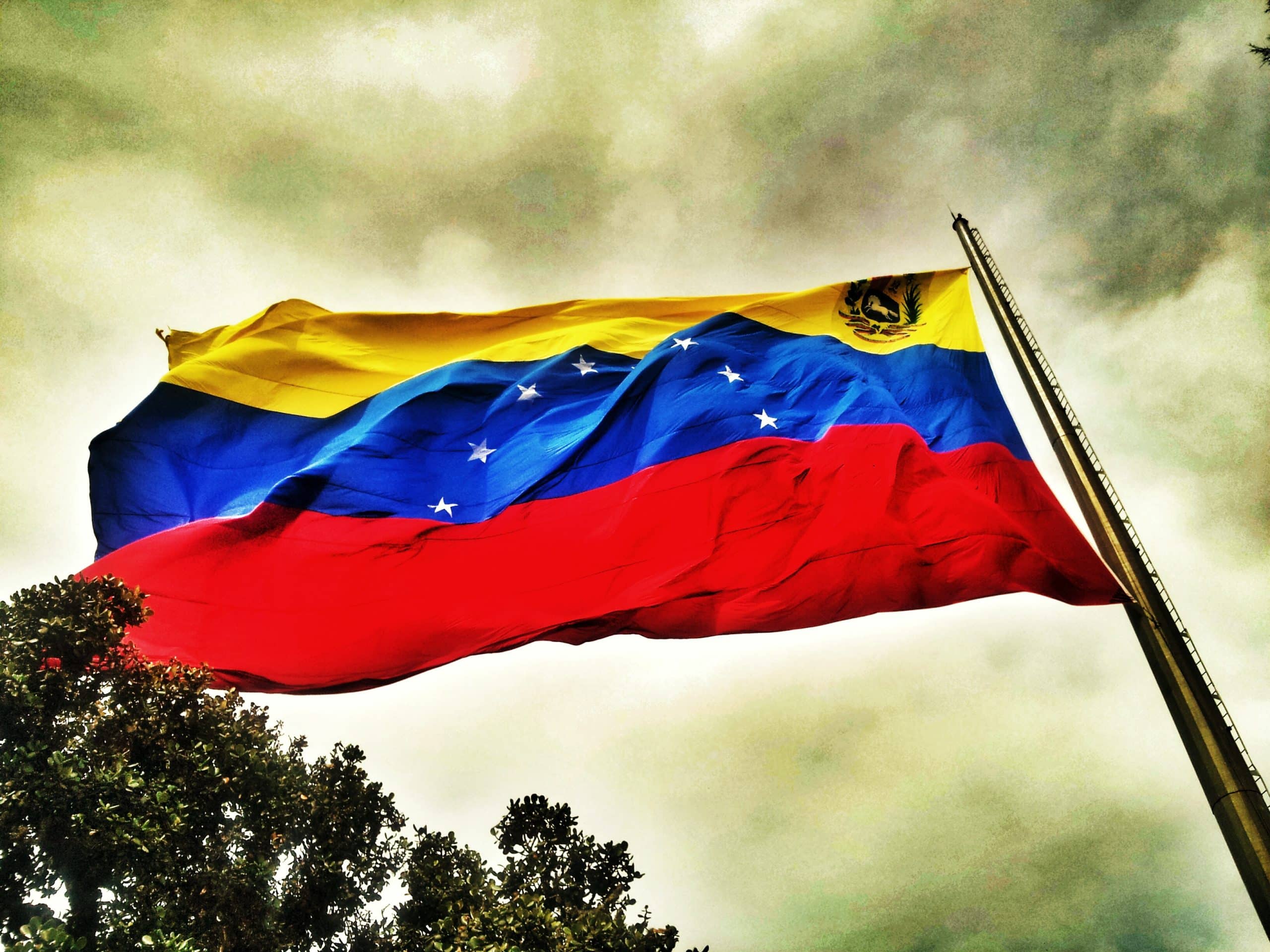June 25, 2018 (VENEZUELA) — Access Now’s partners have confirmed that the Tor network — a widely used tool allowing users to browse the internet anonymously — was blocked in Venezuela last week over the government-owned internet service provider CANTV, by far the largest ISP in the country.
Direct access traffic on the Tor network steadily increased in Venezuela over the past two months, and even more sharply this month via Tor bridges — alongside a new wave of online censorship from the Maduro government. These most recent blocks have affected several major Venezuelan news outlets, including El Nacional and La Patilla, among others.
While previous online censorship in Venezuela could often be avoided by switching DNS settings from a local Venezuelan server to an international service (like Google’s public DNS), this has not been possible for the most recent blocks. Instead, people have needed to rely on using virtual private networks (VPNs) and Tor to circumvent government censorship. This increased use of Tor to access blocked content is likely what triggered these new restrictions to the tool.
“It seems that the government of Venezuela has found out how to do a very sophisticated block for the Tor network. It’s not only on the direct access channels, but also the bridges Tor provides to bypass that blocking,” said Melanio Escobar, Venezuelan technologist and journalist, and founder of Redes Ayuda. “The government is moving forward to be as closed as China or Iran.”
“This is the latest escalation in Venezuela’s internet censorship efforts, as it blocks higher-profile sites with more sophisticated methods. This is one of their boldest internet censorship actions yet,” said Andrés Azpúrua, Director of Venezuela Inteligente, an organization documenting technical evidence of the Tor block and other censorship events in Venezuela through its project VE sin Filtro. Reports further analyzing the technical details of the Tor network block are forthcoming.
This kind of intentional blocking of an entire platform constitutes an internet shutdown under the definition supported by the #KeepItOn coalition, a global movement of civil society organizations fighting to prevent internet shutdowns and defend free expression online.
“Restricting access to information, and the tools necessary to access that information safely, is a flagrant violation of human rights by the Venezuelan government,” said Javier Pallero, Latin America Policy Lead at Access Now. “We call on Venezuela’s government to reverse course, refrain from imposing further censorship, and to restore the free and open communications that are vital to any healthy democracy.”
Since 2016, Venezuela has been rocked by a series of protests due to worsening economic and political conditions. Soon after the protests started, the government declared a state of emergency (the State of Exception and Economic Emergency), stripped the Parliament of its legislative power, set up an unconstitutional Constituent Assembly, used excessive force to quell protests, arrested and detained protesters and opposition groups, and tortured dissenting voices. Netizens, like Jaimes Criollo, are being detained for their online speech, and tortured to reveal their social media passwords.
Under these conditions, anonymity tools like Tor are especially crucial for activists, independent journalists, and civil society actors to stay safe online. Venezuela’s government has been gradually expanding its capacity to censor and surveil, to criminalize speech, and to undermine activists, and these most recent blocks are a worrying step further down that path.
The people of Venezuela have been resilient and resourceful in identifying opportunities for circumvention. However, the Venezuelan government is suspected of throttling internet connection speeds as another form of limiting access to information. This tactic, alongside Venezuela’s unstable internet infrastructure which also causes significant connectivity disruptions, makes it difficult to effectively use tools like VPNs that require additional bandwidth.
Unfortunately, this is not unique to Venezuela. Countries like China have managed to block connection to Tor networks, Ethiopia had blocked Tor in 2012, and others like Russia and Iran have criminalized using Tor and are continuously attempting to restrict access to the Tor network.
The Venezuelan government must honor its commitments under international human rights law to uphold freedom of expression and allow free and open communications within the country. It should immediately restore access to Tor and other censored content, and provide meaningful commitments to refrain from further restrictions to free expression.
Individuals around the world can show their support by amplifying the voices of Venezuelan activists, technologists, and journalists, and by helping to raise awareness of the human rights abuses taking place there.
For those in Venezuela, resources for circumventing censorship — including instructions on accessing Tor bridges that are still online — are available here through Venezuela Inteligente, and the Access Now Digital Security Helpline is available 24/7 to provide direct technical assistance. If you feel safe to do so, you can also help to monitor censorship in Venezuela using tools from OONI and NetBlocks.
